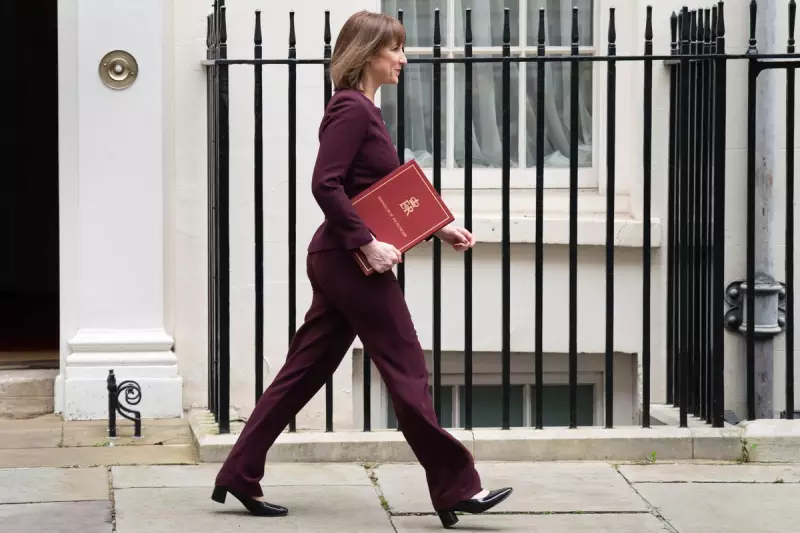
In a dramatic escalation of political hostilities, Shadow Chancellor Rachel Reeves has launched an extraordinary attack against her Conservative predecessor George Osborne, accusing him of deliberately sabotaging Britain's economic foundations.
The Labour frontbencher dropped her bombshell allegation during a tense interview, claiming Osborne's tenure as Chancellor left the UK economy dangerously exposed and fundamentally weakened.
The Sabotage Allegation
Reeves didn't mince words when describing what she perceives as Osborne's legacy. "He fixed the roof when the sun was shining," she stated, referencing Osborne's famous analogy, "but he took the bricks out of the walls to do it."
This stark characterisation suggests the former Chancellor's austerity measures and economic policies fundamentally compromised the country's financial resilience.
Cross-Party Criticism Gains Momentum
Reeves isn't alone in her criticism. Former Liberal Democrat leader Sir Vince Cable has previously voiced similar concerns about the economic strategy pursued during the coalition government years.
The convergence of criticism from both Labour and former coalition partners adds significant weight to the argument that Osborne's approach may have left lasting structural damage.
Budget Battle Lines Drawn
This explosive exchange comes as both major parties prepare their economic platforms for the next general election. The battle over fiscal responsibility and economic competence is shaping up to be a central theme of the coming political campaign.
Reeves positioned Labour as the party of economic stability, contrasting what she describes as the Conservatives' "reckless" approach with her party's commitment to "proper, grown-up economics."
Looking Forward
As the political temperature rises, these allegations set the stage for a fierce debate about economic management. With both sides digging in their heels, voters face a stark choice between competing visions for Britain's financial future.
The outcome of this battle could determine not just who wins the next election, but the fundamental direction of UK economic policy for years to come.





